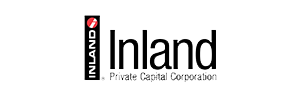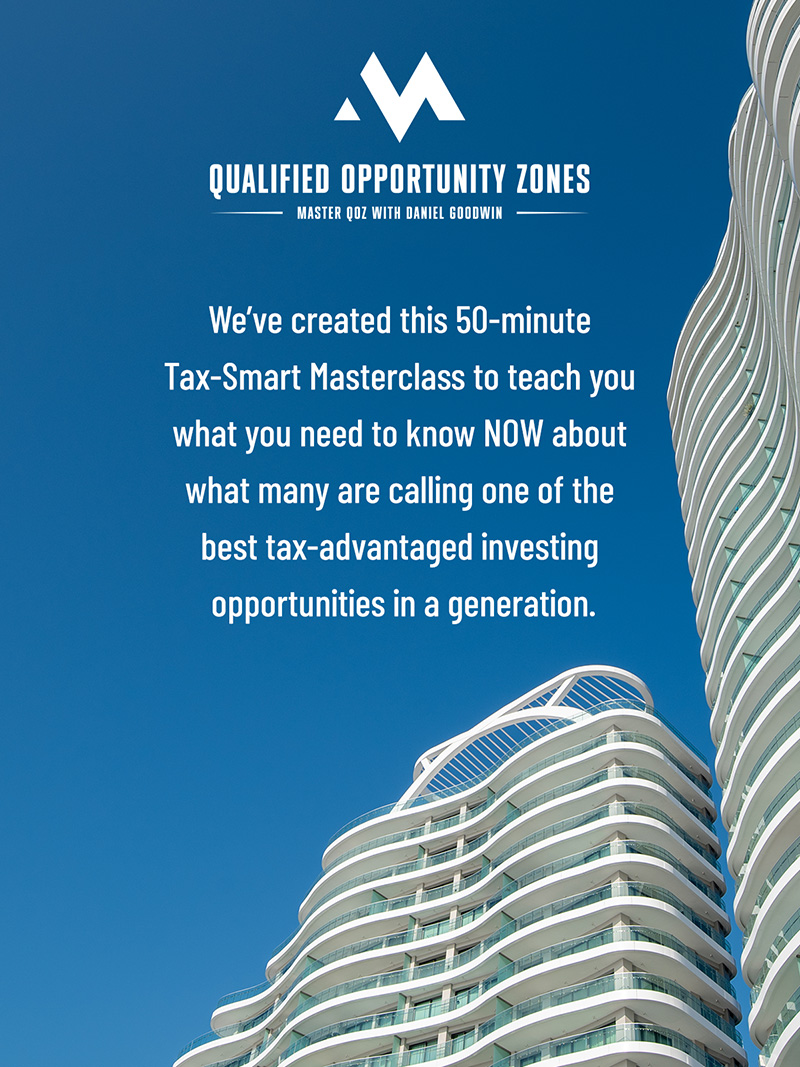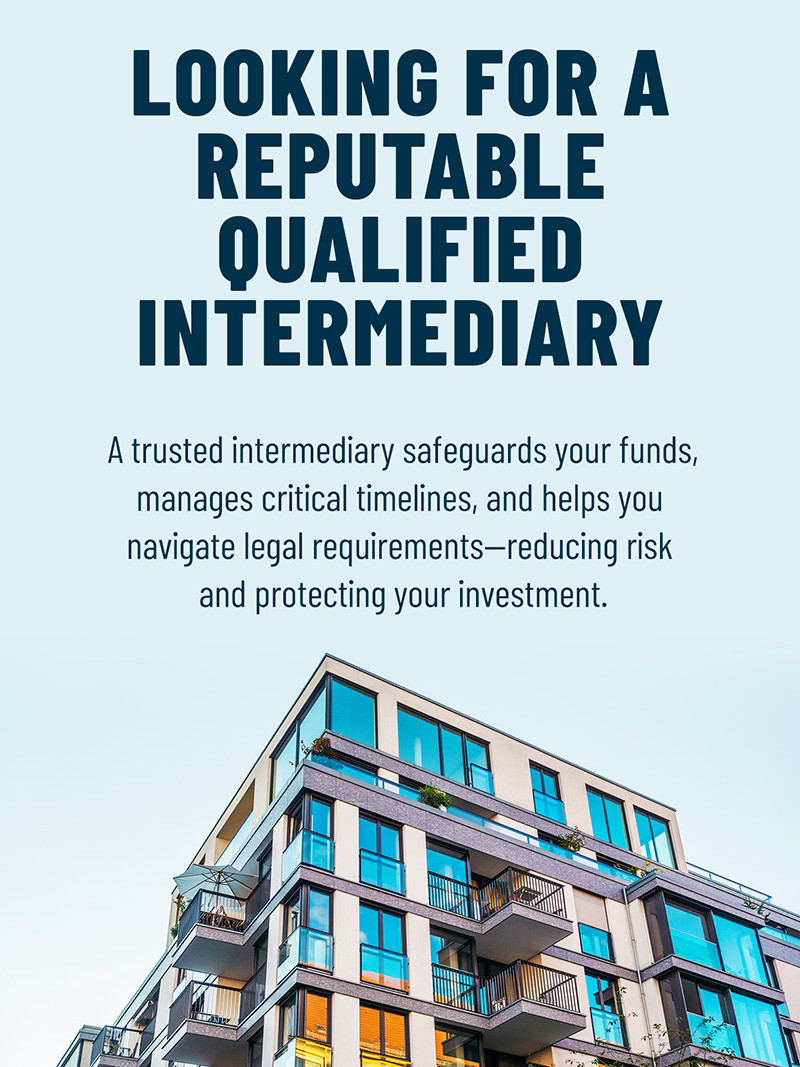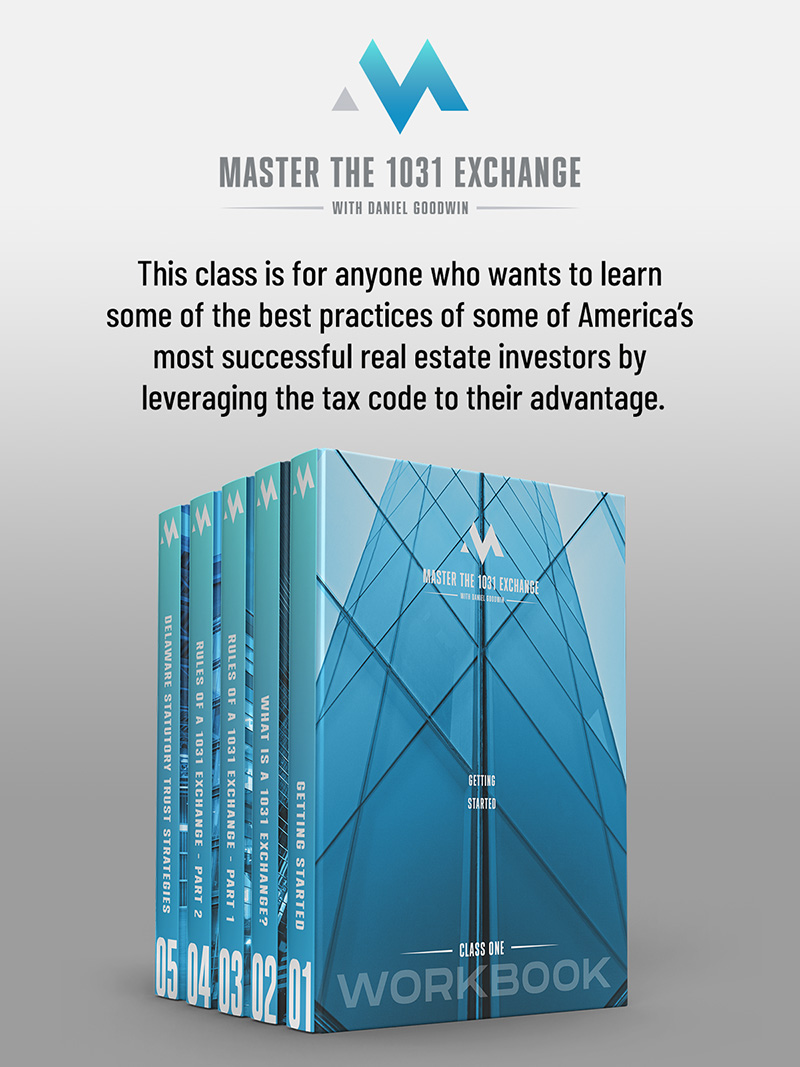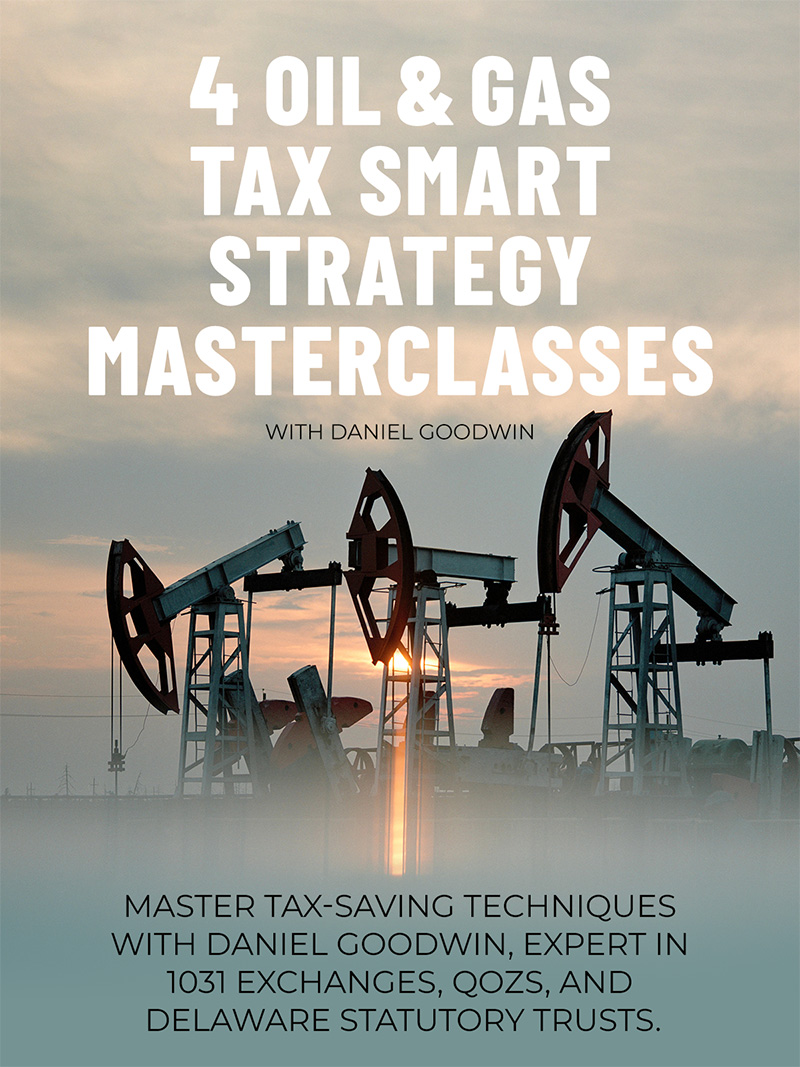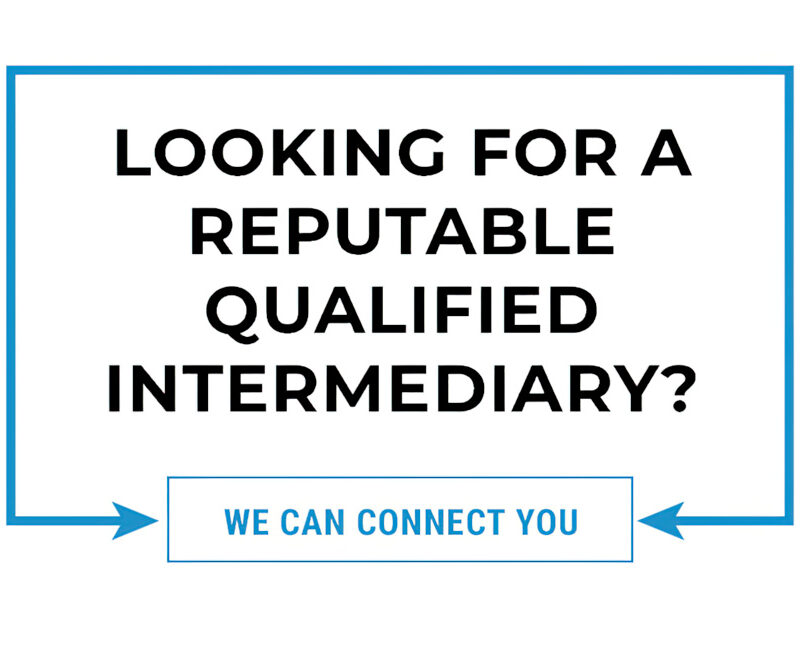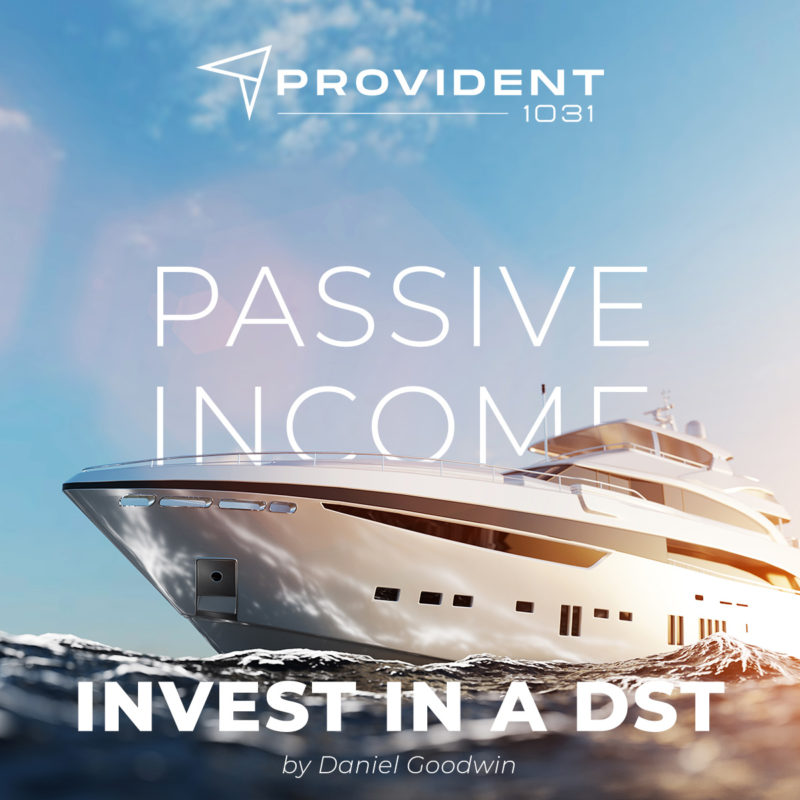What Does DST “Sponsor” Mean?
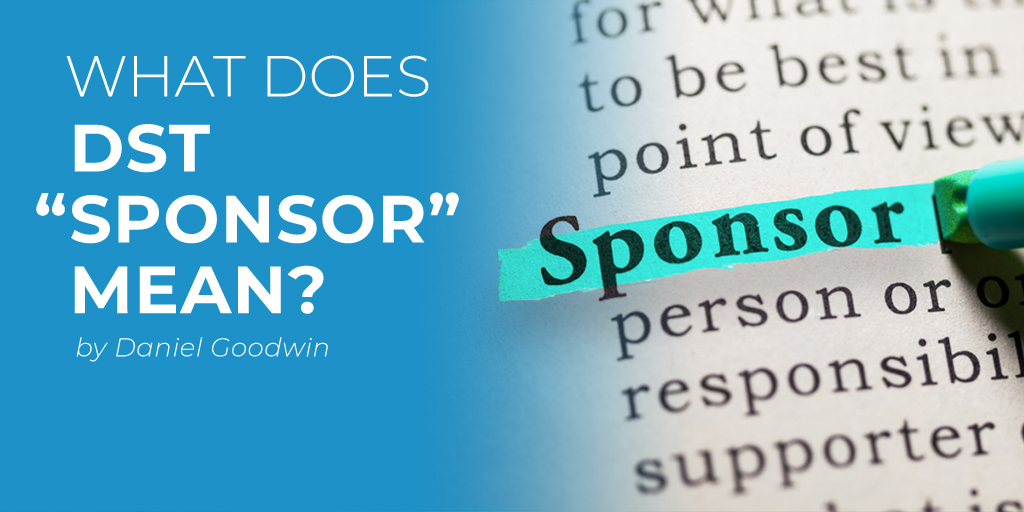
Yesterday in a client meeting, our team referred several times to the word “sponsor” related to Delaware Statutory Trusts (DST’s). We were counseling a family about institutional-grade commercial real estate as a 1031 Exchange replacement property.
What is a DST Sponsor?

The family had recently sold an RV park and was facing the certainty of several hundred thousand dollars of capital gains tax were they not to use a DST through one of our sponsors.
In addition, the family wanted out of the active day-to-day management of owning commercial real estate. They were prepared to travel the United States in their new Airstream travel trailer, so locating a replacement property that they would manage on their own was out of the question for them.
At one point in our meeting, the wife raised her hand and said, “you keep saying sponsor; what does that mean“?
She went on to say that her only reference to the word “sponsor” was for her sister, who had a “sponsor” in Alcoholics Anonymous.
It dawned on me that we were using jargon and vernacular that we were accustomed to, but the general public was not. So I apologized and explained that the sponsor was the commercial real estate company or firm offering the particular DST syndication or offer.
At Provident1031.com, we consider the sponsor and the sponsor’s track record to be of utmost importance.
Accordingly, our due diligence team regularly dismisses sponsors newer to the DST structure who have not demonstrated a history of rewarding investors consistently with quality management, attractive returns, careful judgment, and sound underwriting.
As a result, Provident 1031 continuously reviews current offerings from sponsors to meet each client’s specific needs. The list below, who collectively control approximately 70% of the DST offerings, are sponsors we have utilized in the past and would be a part of an ongoing review and due diligence process before a final recommendation is made.
A few notable mentions are:
We would suggest taking a moment and clicking on the links provided above to glance at the breadth and scope of these sponsors. Most of the Sponsors are decades old, having handled billions of dollars in commercial real estate, and represent some of the largest and most successful real estate firms in the US and around the globe.
Selecting A Sponsor & “Full Cycle”
When selecting a DST sponsor, you should be looking for a firm that has been in business for many years and has taken many DST offerings “full cycle,” which means:
As a result, the sponsor has paid investor returns, including the monthly cash flows and the growth component of the total return that happens at the sale of the property when the investor’s return of capital takes place.
Full cycle means essentially beginning to end.
DST full-cycle timelines usually run about 7 years but can be more or less. A shorter full-cycle might happen in as few as 5 years. A longer cycle could run as long as 10 years. Most DST offerings have a good idea if the “full cycle” period is expected to be closer to the longer or shorter end of the timeline and can disclose that to you before you invest your funds.
A 1031 Exchange To A DST: The Key Participants
Investor
The Investor is usually the individual, family, or entity selling investment real estate.
Qualified Intermediary (QI)
The Qualified Intermediary (QI), is the third party facilitator of the tax-deferred exchange and who you must have to complete a 1031 exchange.
Title Company & Real Estate Agents
A title company will always close the sale of your property, and you may or man not have real estate agents involved.
Sponsor
The firm providing the real estate offering.
CPA
Most CPAs are not well versed in these types of real estate offerings. To find a list of CPAs familiar with DST’s, click here to download our free resource. The CPA can assist the seller in determining your property “basis” and how much tax you might save/defer by using the 1031/DST structure.
Advisor
The Advisor is securities registered and either a Broker Dealer (BD) or Registered Investment Advisor (RIA) Fiduciary. The Broker Dealer is commission-based, and the RIA is a Fiduciary and fee-based. We recommend the RIA. It is important to ask about commissions, fees, costs, and how all parties get paid.
Every DST plan sponsor offers a Private Placement Memorandum (PPM). These can sometimes be quite lengthy, at about 250-300 pages. The average layperson will want help understanding some of the terms, definitions, vernacular and internal calculations.
Ask your Advisor about how people are paid, how your returns are calculated, and what to expect regarding cash flows, tax advantages, total return, and every other important aspect of investing your hard-earned dollars.
Read the PPM so that you can understand and evaluate the risks of investing in the DST and discuss them with your advisor.
An RIA Fiduciary Advisor can counsel you to discuss if a DST is the best strategy for you or not. They are legally bound by law to put your best interest first, and it’s essential to understand if the DST structure is the best fit for you.


